
CFRRM Lower Level Layout - Hover over an area for town name. Click on that area for information.
For a view of our layout from an engineer's perspective please watch the second entry in the video section below.

In our 2000 sq. ft. clubhouse near the intersection of Silver Star Road and North John Young Parkway Orlando, Florida, we operate HO scale models on 1500 feet of dual mainline code 83 track portraying areas of West Virginia from 1945 to1965. Our layout has a fully operational prototypical signaling system with a custom made CTC system that is used for operations. Check out our Layout Tour for more details.

Our layout with over 1500 feet of mainline.

On the third Saturday of every month the club runs operating sessions using our custom made CTC and signaling system. The club maintains its own inventory of rolling stock for operating sessions; however, members are encouraged to bring in their own power for operating sessions. Guests and prospective members are always welcome.

Please go to Plan A Visit for more information.
We are currently accepting applications for membership
 Club YouTube Channel
Club YouTube Channel
Central Florida Railroad Modelers was formed to bring together individuals for a common appreciation of model railroading in order to create and build both a model railroad and a model railroad environment not likely attainable by any individual, for the mutual benefit and enjoyment of all members.

Our layout with over 1500 feet of mainline.
| President | Jonathan Sodaro |
| Vice President | Jeff Wilson |
| Treasurer | Mike Seawell |
| At large | Neil Dorman |
| Secretary | Jeff Coleman | Scenery | Harvey Kelber/Maureen Kennedy Hale |
| Layout Lighting | Chris Lau |
| Track/Signal | Don Hanf/Larry Beach | DCC/Electrical | Jeff Strigaro/Don Hanf/Larry Beach/Jonathan Sodaro | Operations | Jeff Strigaro | Plant Maintenance | TBA | Website | Jeff Wilson | Scott Colagiacomo/Jeff Wilson/Mark Drake |
| YouTube | Scott Colagiacomo/Jeff Wilson | Social Fund | Brendan McCarty | Membership | Joel Best | Fleet Maintenance | Mark Drake |

Central Florida Railroad Modelers was formed in 1947 with one early location in the CSX depot (now Amtrak station) at 1400 Sligh Blvd in Orlando. When forced to move, the club ended up on Forsyth Rd above the Central Fla Safe and Lock store. At one time, the club almost folded, but our then president, Don Perry, met with Jim Bly and decided to keep it going. So in 2003, members began looking for a bigger, better room when one of the members, John Pawlack, offered the area we now occupy.
That same year, we moved in; cleared the room; removed some walls; and painted the floor and walls. Members strung our own lights and started bench work. Jim Bly already had a track plan for us, so we began laying track according to his plan. Jim built the switch panel to operate our mainline signal systems he envisioned, and also designed the PC boards to operate the signals, most of which he, Don Hanf and other members built. Both Jim and Don spent countless hours under the layout wiring in the signals, track and switches, which took over two years to complete. In the meantime, scenery came in behind track laying and we were up and running by 2006. We moved in here with barely 16 members but have grown to over 40 since.
Many thanks go to John and Cavelle Pawlack as we have one of the finer club layouts in Florida.

Our club welcomes visitors by appointment. For individual and family visits, we recommend Saturdays afternoons from 10 am to 4:00 pm, as this is the time our layout is most active. On the Saturdays where there is an operating session we will not be open for visitors (see the "events" section above). Other days and times may be accommodated if requested. Groups can only be scheduled when we can ensure we can have enough club members available to assist all visitors. This will be based on the size of the group visiting.

We also hold at least three open houses free to the public each year. Watch for times and dates on the events section of our webpage, Facebook, or newspaper ads.
Our clubhouse is located in the vicinity of Silver Star Road and North John Young Parkway in Orlando, Fl. Specific directions will be provided when contacted about your visit.
We do have the following request of all visitors:
1. All young children are to be supervised by an adult.
2. If you are bringing any of your own HO equipment to run on our layout, it must be DCC equipped.
If you would like to plan a visit, please contact us with the email below.
info@cfrrm.org (responding email will be from a different address)
CFRRM Lower Level Layout - Hover over an area for town name. Click on that area for information.
For a view of our layout from an engineer's perspective please watch the second entry in the video section below.
Slideshow of Photos taken by Greg Komar and club members
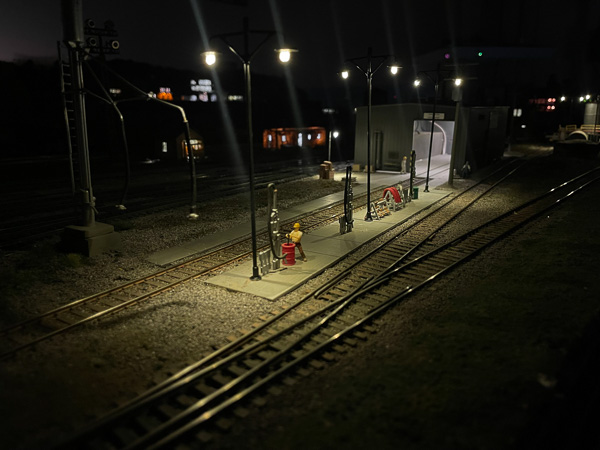
Night Lights
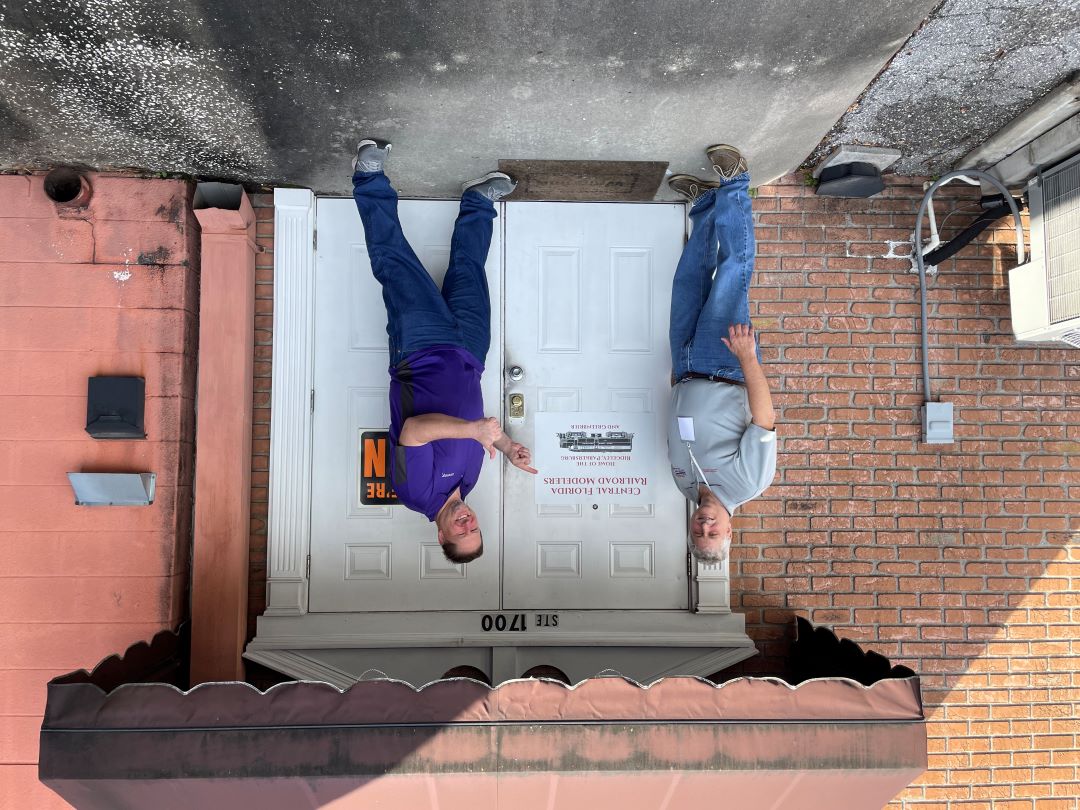
Soundtraxx Clinic Jan 2024

Soundtraxx Clinic Jan 2024
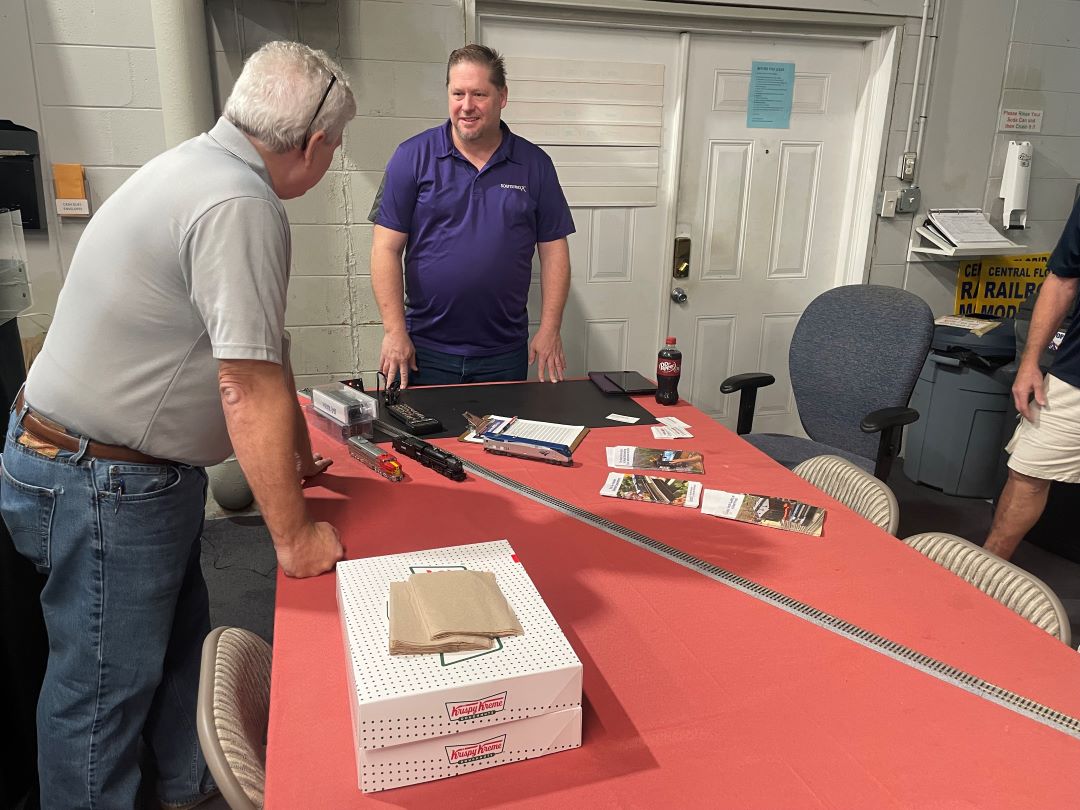
Soundtraxx Clinic Jan 2024
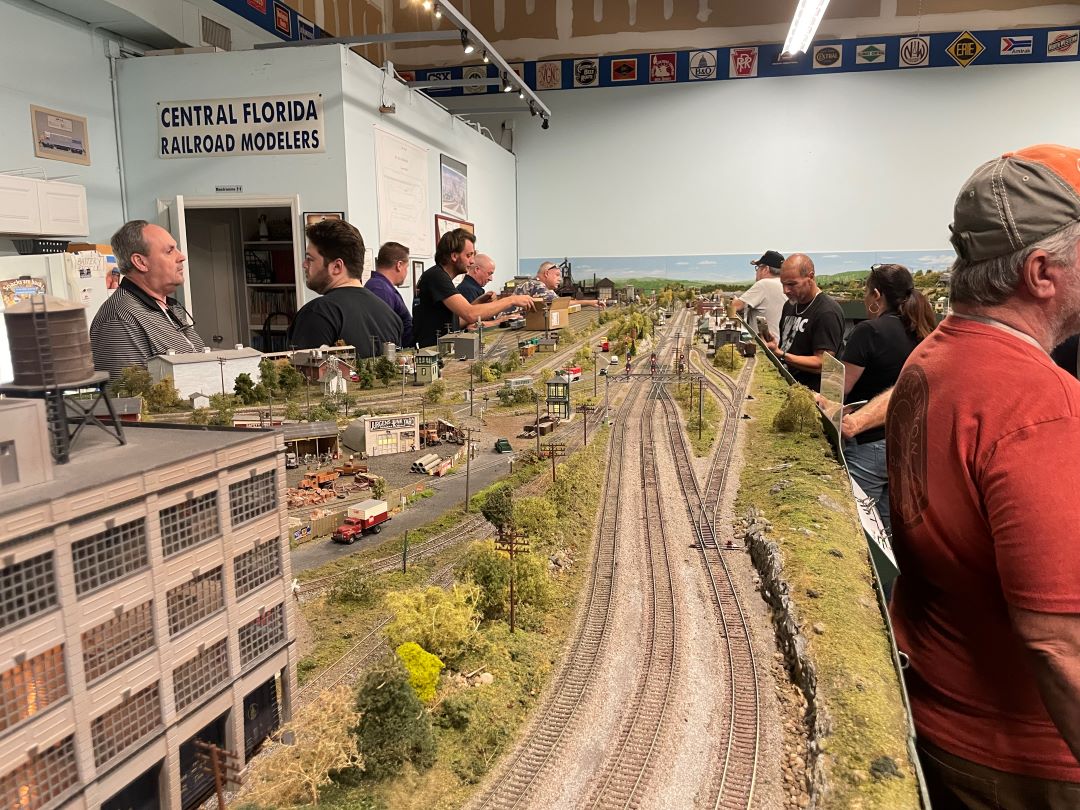
Soundtraxx Clinic Jan 2024
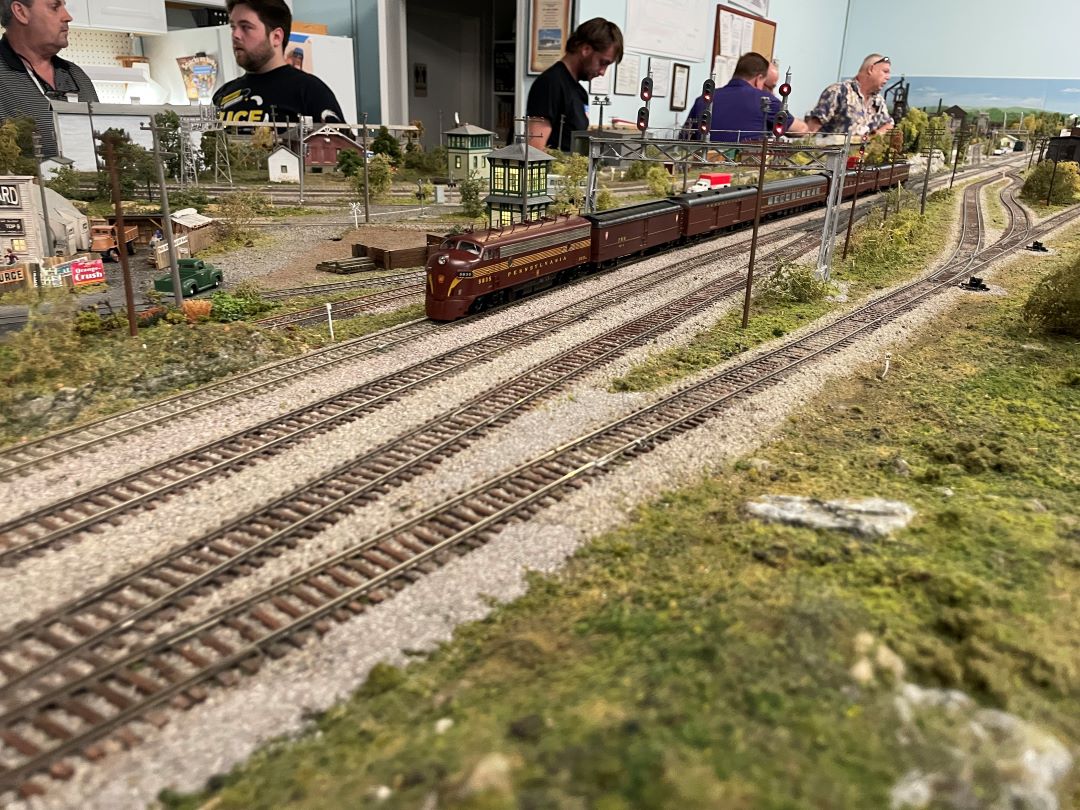
Soundtraxx Clinic Jan 2024
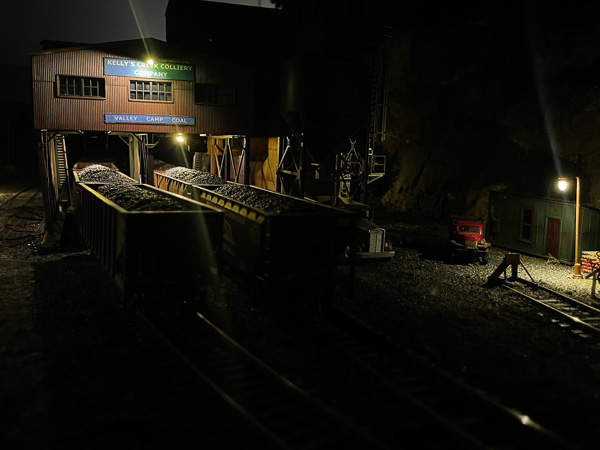
Kelly Creek Mine

Open House November 2022

Open House November 2022

Open House November 2022

Open House November 2022

Open House November 2022

Open House November 2022

Parkersburg

Scaletrains Meet & Greet February 2022

Scaletrains Meet & Greet February 2022

Scaletrains Meet & Greet February 2022

Scaletrains Meet & Greet February 2022

Scaletrains Meet & Greet February 2022

Scaletrains Meet & Greet February 2022

Scaletrains Meet & Greet February 2022

Scaletrains Meet & Greet February 2022

Scaletrains Meet & Greet February 2022

Scaletrains Meet & Greet February 2022

Scaletrains Meet & Greet February 2022

Scaletrains Meet & Greet February 2022

Scaletrains Meet & Greet February 2022

Scaletrains Meet & Greet February 2022

Scaletrains Meet & Greet February 2022

Scaletrains Meet & Greet February 2022

Scaletrains Meet & Greet February 2022
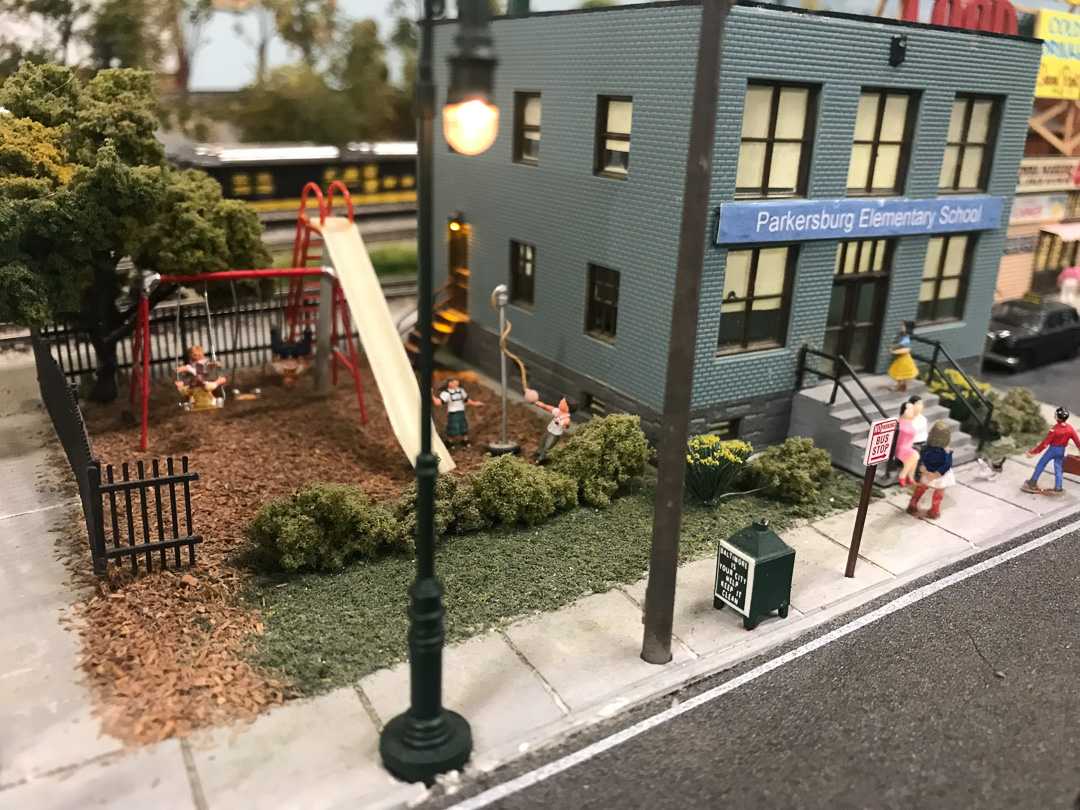
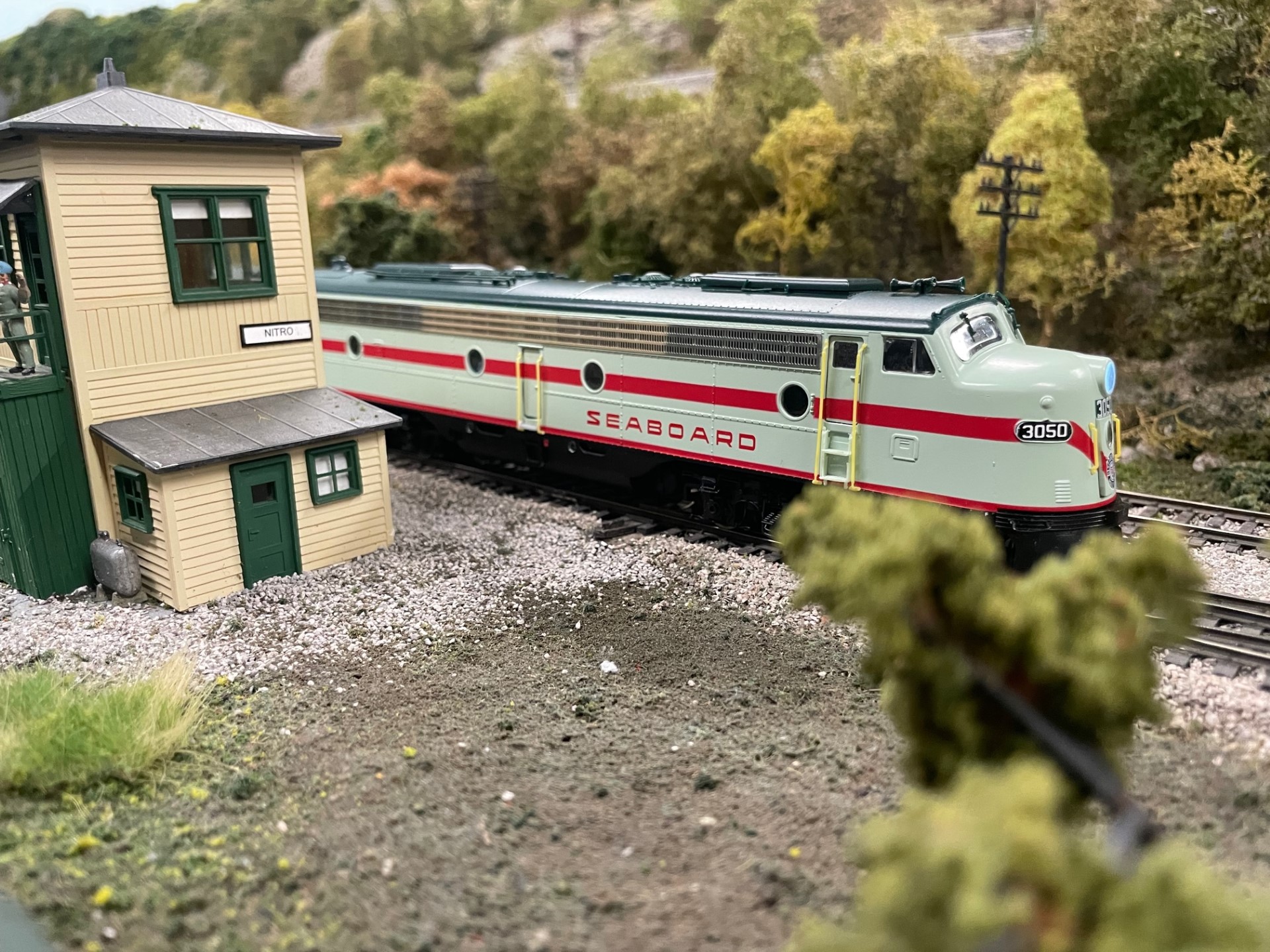
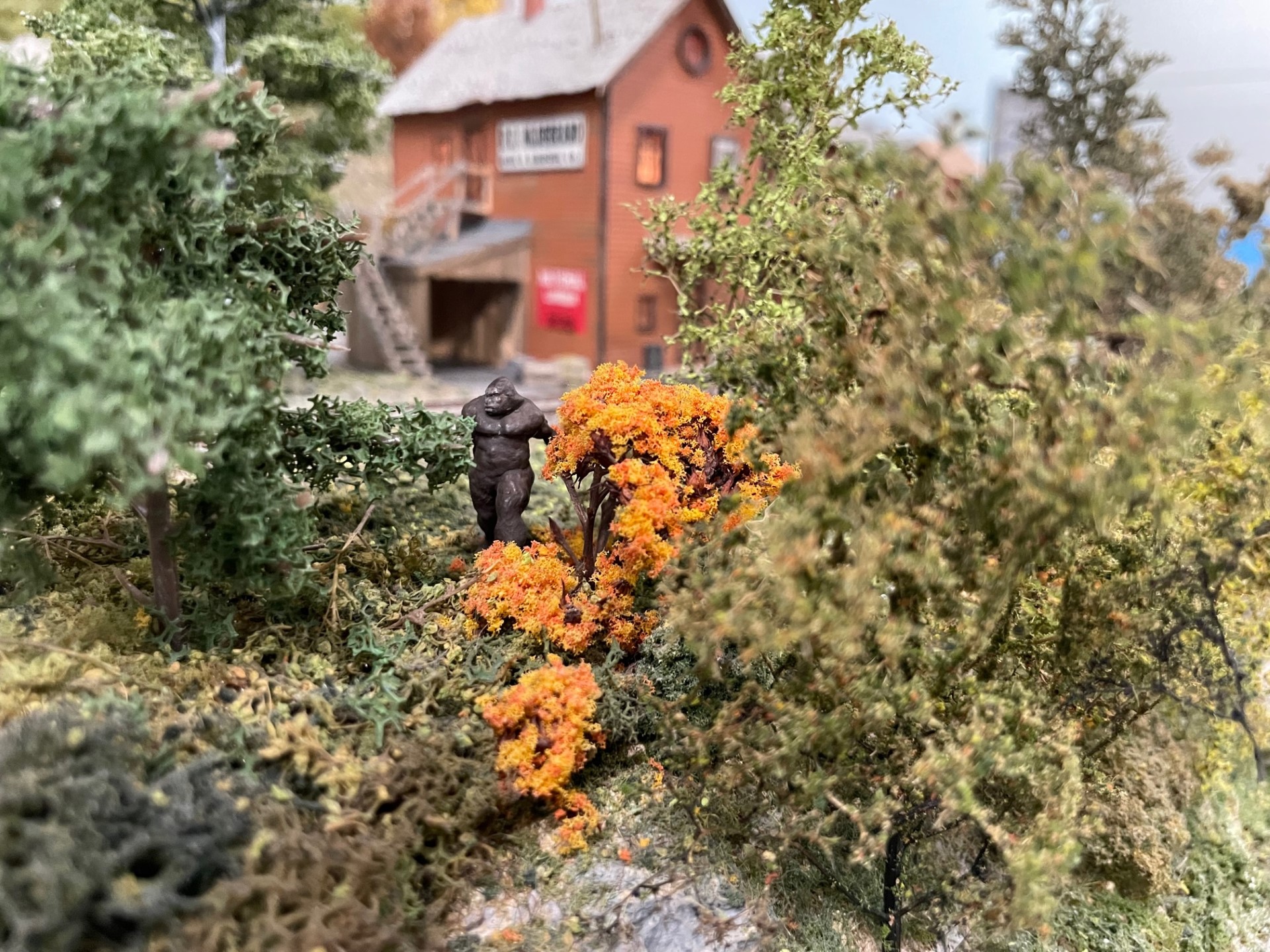
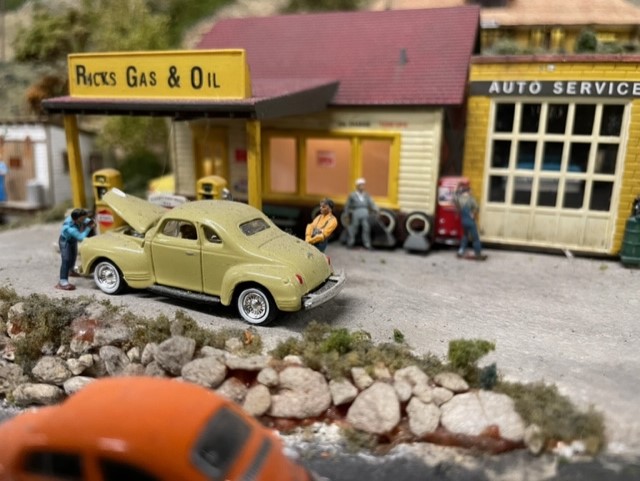
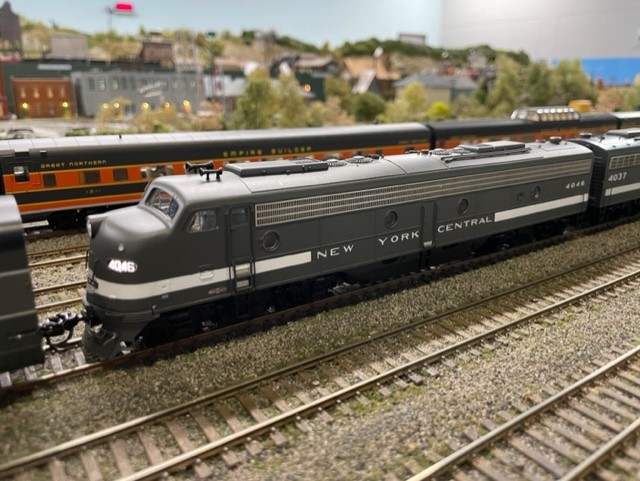
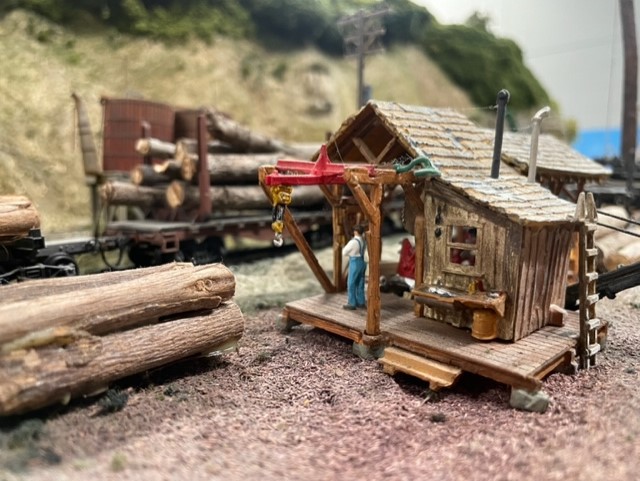

NMRA Operations Aug 2017

NMRA Operations Aug 2017

NMRA Operations Aug 2017

NMRA Operations Aug 2017

Operations Feb 2017

Operations Feb 2017

Operations Feb 2017

Open House Jan 2017

- Greg Komar

- Greg Komar

- Greg Komar

- Greg Komar

- Greg Komar

- Greg Komar

- Greg Komar

- Greg Komar

- Greg Komar

- Greg Komar

- John Riley

- John Riley

- John Riley

- John Riley

- John Riley

- John Riley

- John Riley

- John Riley

- John Riley

- John Riley

- John Riley

- John Riley

- John Riley

- John Riley

- John Riley

- John Riley

-Matt Wiltshire

-Matt Wiltshire

-Matt Wiltshire

-Matt Wiltshire

-Matt Wiltshire

-Matt Wiltshire
Click the video titles if the thumbnails do not load
Central Florida Railroad Modelers Layout Walkaround Tour
Central Florida Railroad Modelers Locomotive Ride 2021
CFRRM Rail Fanning Vol 3
CFRRM Rail Fanning Vol 4
CFRM Night Scenes
Lower Level Cab Ride - 2017
B&O Drive By
B&O Coal and PRR Passenger Trains in West Virginia
A Cab Ride on the Ridgely, Parkersburg & Greenbriar Railroad Ridge Line
A Cab Ride on the Rigely, Parkersburg & Greenbriar Railroad Down the Slide
Modern HO Trains with Sound Decoders part 1
Modern HO Trains with Sound Decoders part 2
Modern HO Trains with Sound Decoders part 3
-Tips from our scenery committee: Paul "Grumpy" Harris, Harvey Kelber, and Bob Voelbel.
Creating densely forested hills
Our 3 main tools for scenery are unscented hair spray, 70% alcohol, and white glue/ water mix. (note: Alcohol will bleach some paints so protect painted buildings or RR cars from over spray).

Practice this on a piece of cardboard first before trying it on your layout. Just make it look like tops of bushes. The dark green or black under the light green foam gives it depth. This process comes from former member Harrison Greenley who discovered and brought it to us.
Grass and ballast
The alcohol helps dissipate the glue and it will sink into every area below. Works better than any other method for grass, weeds, or ballast. We used fine grade ballast for HO grade layouts.
Hills and Cliffs
Almost all of our earth, cliffs, hills, are made with the Sculptamold product.
Ground foam, stains and Sculptamold all can be obtained at local hobby shops. I prefer to use light green or medium green rather than bright or dark greens. With trees or shrubs, think random. Put a bush all by itself or in a clump with other bushes and see how natural you can make it appear. Plant a tree and add bushes around it. You can always come back later on and add a tree or bush for effect. If you have a flat area think about adding a small hill or hump to break up the flatness. A small pile of junk covered with weeds or a pile of broken limbs can add to a scene. I add railroad ties here and there using the alcohol 50/50 glue process. This can also be used on the junk pile or tree limb pile.
If you are going to paint your track it should be done before you add ballast or weeds. Roof brown or rail brown are two good choices for painting track and/or rails. Hobby stores usually have these in stock. If you use spray be sure you have proper ventilation and wear a dust mask.
Powered by w3.css